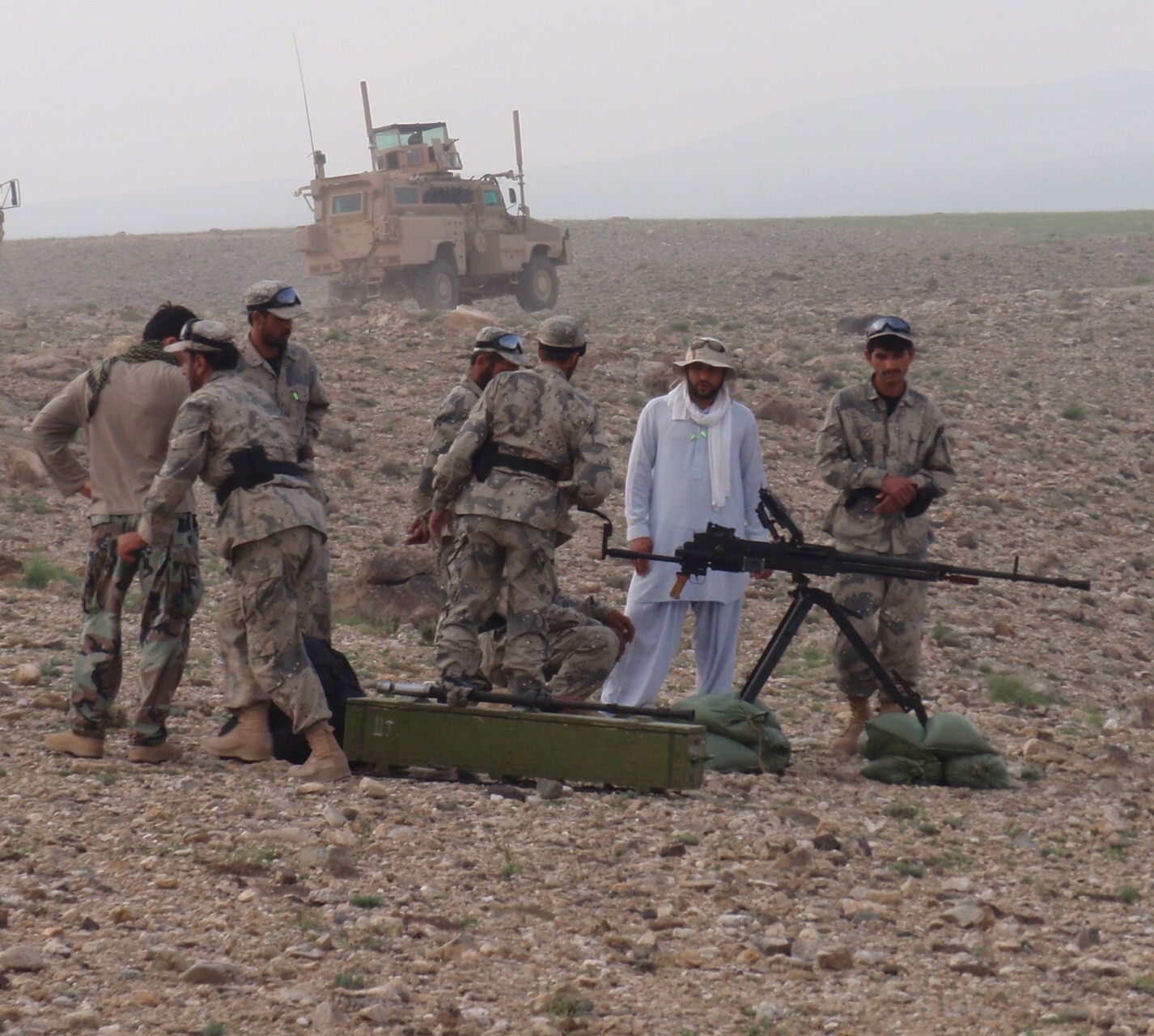
Continuing the discussion on Afghanistan drawn from fragments of text from pages 264-266 of America’s Modern Wars.
LESSONS AND OBSERVATIONS
There are five final lessons or observations that we wish to make about this war [Afghanistan]…
Finally, one must ask the question, did the United States almost loose the war in Afghanistan, or at least seriously compromise its position there, with its gross under-commitment in 2001-2004? Did we simply “mis-estimate” the situation and because we were not taking casualties, fail to commit the energy and effort required to secure the area and keep an insurgency from developing? As noted in Chapter Twenty-four on recommendations for the future, we need to understand better the early stages of an insurgency and how they develop, and how to recognize a developing insurgency. Usually by the time we realize we have a problem we have a big problem, not a little one. Did we make the same mistake both in Afghanistan and Iraq?
….
(to be continued)

Was the mistake one of attempting to conduct nation building?
How well can a foreign military impose nation building (as opposed to colonization) upon a country.
How likely is it that a foreign military will be able to pacify a country to the degree necessary for the “political” parties to see no recourse except for peacefully negotiating among themselves in order to establish a government structure?
What should the military do if the country is pacified by the military and yet the “political” parties aren’t self-motivated to cooperate?
In such a case of non-cooperation between “political” parties would the foreign military assisting with building of separate regional government structures appropriate to the nature of each region-based political-party and then allowing those regional entities to federate (or not federate) within a broader country that has been pacified by the foreign military be a reasonable long-term strategy?
Would it be best for the USA to build a metaphorical wall around a country such as Afghanistan and let it build its own national structure (or retain a feudal structure), not engaging with that country until something engageable had emerged?
Inquiring minds want to know!